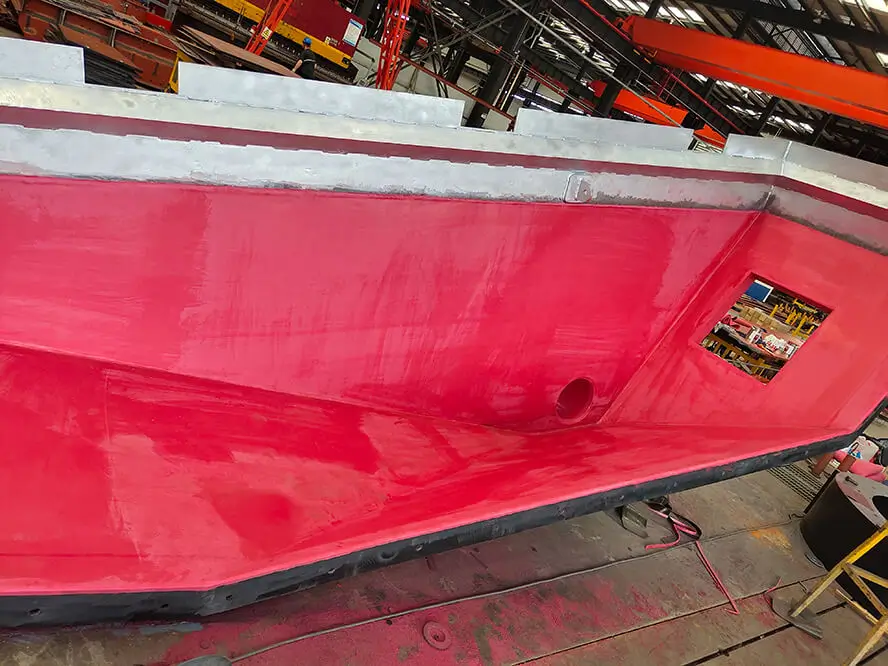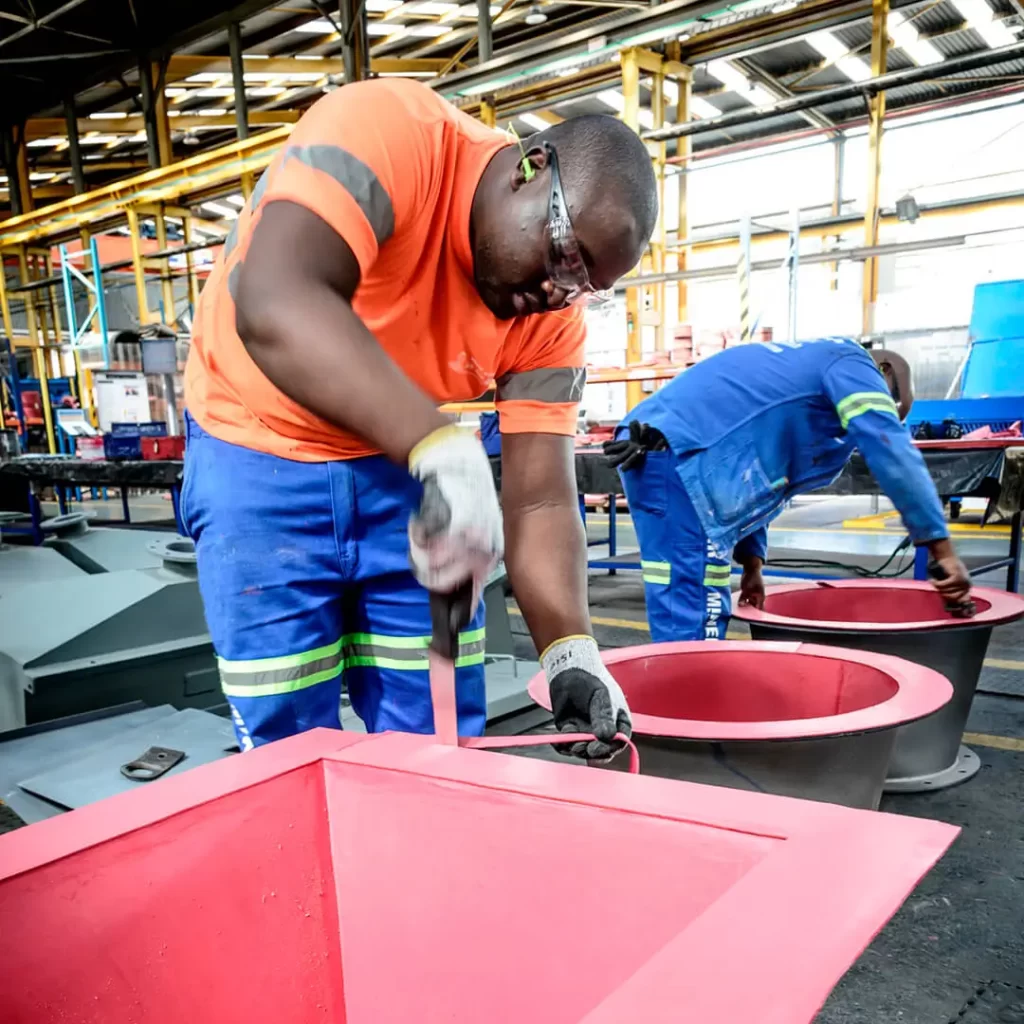Wear-Resistant Rubber
DEF Rubber: Your Premier Factory, Manufacturer, Supplier, and Exporter of High-Quality Wear-Resistant Rubber. Contact us for free samples.
Wear-Resistant Rubber
Best Wear-Resistant Rubber in Wet-Abrasion conditions.
DEF Rubber’s innovative formula and process preserve the long-chain molecular structure of natural rubber while improving its hardness and performance indicators. The produced wear-resistant natural rubber sheet products exhibit outstanding elasticity, wear resistance, and tear resistance. Among all types of rubber, it is widely acknowledged as the best rubber product for resisting slurry wear, especially under wet grinding conditions.
In the rapidly developing modern society, our efficiency has surpassed that of any previous era. Efficiency is the primary productivity, especially for factories, and enhancing efficiency is crucial for our survival. Using the best wear-resistant rubber products on our mining equipment can significantly reduce equipment downtime and maintenance frequency, exponentially extending the lifespan of the equipment. These factors contribute to improving efficiency and increasing profits. DEF Rubber is willing to work together with customers to strive for mutual success.
DEF Rubber’s natural wear-resistant rubber sheet, with over 95% natural rubber as its main component, is an excellent eco-friendly material. Sourced from rubber trees, natural rubber is free of harmful substances, naturally degradable, and aligns with the future as a green environmental material. DEF Rubber can customize various rubber products according to customer needs, including color, size, thickness, formula, performance, and other specifications. We look forward to discussing more possibilities with you.

Quick Q&A-About Wear-Resistant Rubber.
Regarding ‘Wear-Resistant Rubber,’ the questions people may concern themselves with and their answers usually involve the following aspects:
Our sole pursuit is to deliver excellent products and serve our customers.
We will continuously innovate, grow together with our customers, and be your best partner.
Technology Sharing
DEF Rubber Co.,Ltd.
Get in touch with us today!
We are glad to offer free samples to people who are interested in our products. You just need to fill a form.

